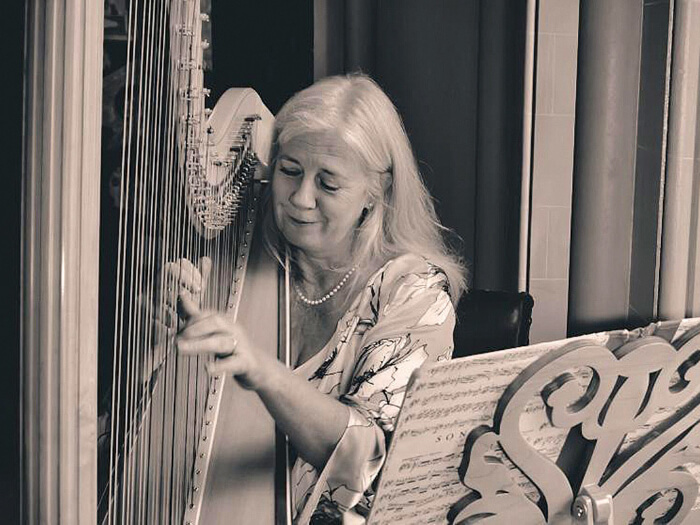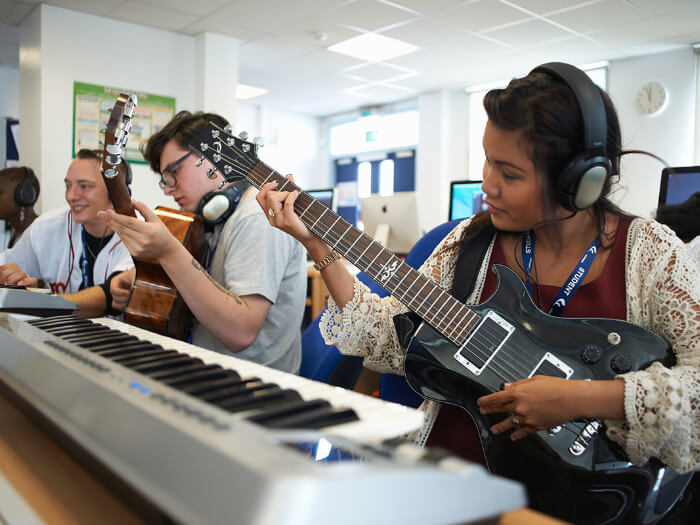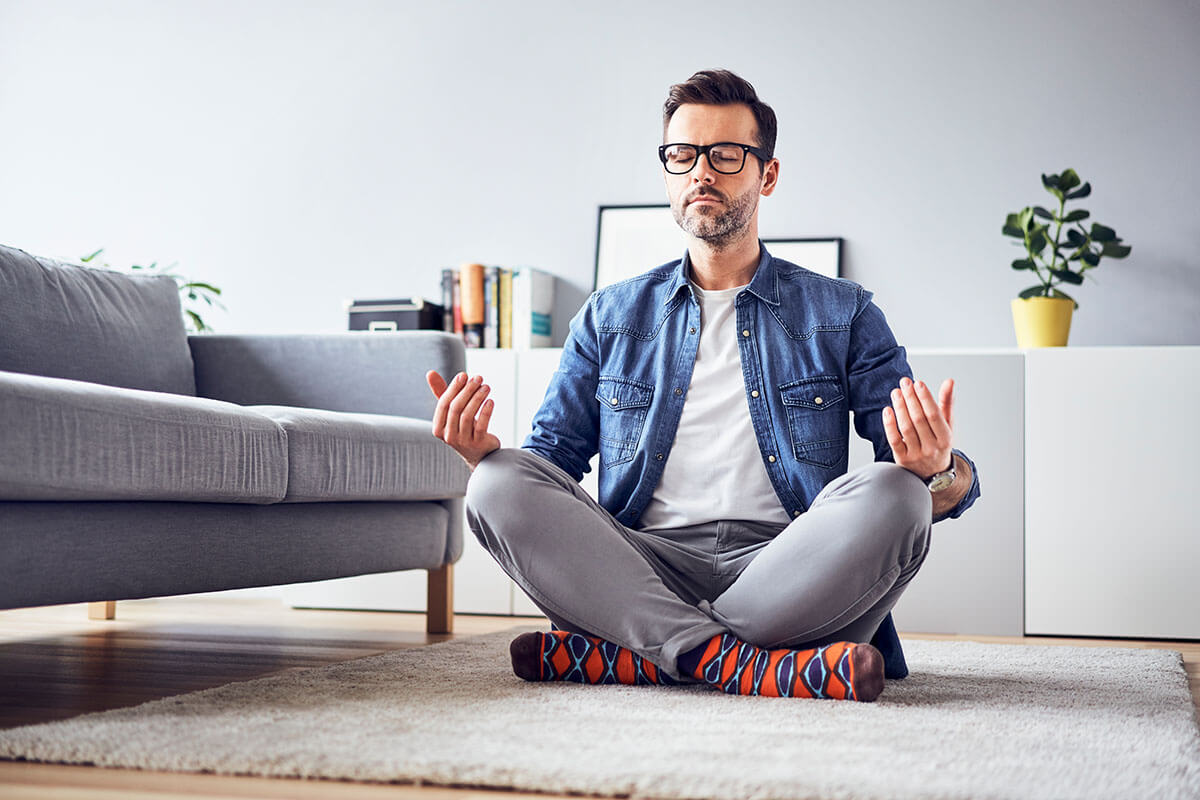When historians assess the beginning of the third decade of the third millennium, they might sense a global change in values. They may talk about an international health panic, governments seeking solutions to seemingly insoluble problems, financial chaos and social disruption. They may also talk about how employers suddenly saw the health and wellbeing of their workforces as something more important than simply ticking a box on a random form.
But is wellbeing really seen as something important? A report, published in April by the Chartered Institute of Personnel and Development, found that while many organisations remain committed to supporting their workforces, there is already evidence that this bright light of enthusiasm is starting to fade, and activity is on the wane. That’s before the pandemic has officially been declared over.
That decline in care for employees’ wellbeing, however, might not be the case for the young people and communities that MU members work with. Chris Walters, National Organiser for Education, Health and Wellbeing at the Musicians’ Union, senses there is something ‘zeitgeisty’ about this whole area right now.
“What really struck me is that, more than ever, members of the MU’s Education Section are talking about involvement in health and wellbeing work – and it is all funded work,” he says. “Some of this is funded through Pupil Premium, with one project funded through Creative Scotland. Other things seem to be funded by grants from here and there.
“What I find fascinating is a new critical mass of MU members doing this work in education. Whether it is work they were doing before – relabelled ‘health and wellbeing’ because it is fashionable – remains a question. But there is no question some of it is different from what has been done before.”
However, these newfound opportunities don’t necessarily translate to improved health and wellbeing for the teachers and musicians delivering this work. “They are rushing around and cramming in so much, often on an hourly paid basis,” notes Walters. “We also have the dimension of clinically vulnerable teachers being worried about getting properly ventilated spaces in which to work, as there is a feeling the pandemic is behind us when it really is not.”
Turning our attention to the long-term rehabilitation of our personal wellbeing
The fact this area is gaining considerable traction is underlined by the appearance of Power Of Music, a new report from UK Music in conjunction with Music for Dementia. This report shifts the debate far beyond health and safety, considering issues wider than whether a musician has a decent chair to sit on, for example, or whether they are exposed to overly loud noise.
In her foreword, Culture Secretary Nadine Dorries spoke of turning “our attention to the long-term rehabilitation of our personal wellbeing, local communities and national health”. The report is targeting government, business and the general public with the message that music matters when it comes to wellbeing and can improve the lives of those suffering with dementia, depression and other debilitating conditions.
The report suggests the appointment of a Power of Music Commissioner to implement the opportunities put forward, a suggestion which has received the backing of Dorries. Other recommendations include support for frontline workers to gain better training in the role of music in health and care, a major public awareness campaign around the whole issue of music in wellbeing and extra funding to make music accessible, through new partnerships between government, industry and philanthropy.
Support currently available for musicians
Some organisations have already embraced the notion that wellbeing is a good thing. The MU, for instance, provides a range of wellbeing services. There’s a close relationship with Help Musicians, which runs Music Minds Matter, an always-open helpline and counselling service for anyone working in music, including teachers. It also works with the Music Support charity, which offers help mainly for those suffering addiction issues.
“When we talk about wellbeing, it is primarily about mental health, since this is the area where people report that they are struggling,” says Walters. “But we do offer help with physical problems. There are Feldenkrais workshops every week and a weekly meditation session. The Musicians’ Hearing Health service offers a Harley Street hearing check with protection tailored to the needs of the patient, all for under £40, which includes a discount for MU members.
“Then there’s BAPAM – the British Association of Performing Arts Medicine – which is funded by the MU and offers free health services to musicians. That can range from physiotherapy if you have RSI, health support counselling, vocal health, performance anxiety and so on. You can go to them with any physical health query, and you can usually get an appointment quicker than you can at the doctor’s and they will be able to tell you straight away whether it is something they can help with.” The range of wellbeing activities undertaken by musicians in their respective communities could possibly surprise many people.
Creating calm and connection through musical experiences
 Harpist Xenia Horne. Photo: MP Media
Harpist Xenia Horne. Photo: MP Media
Harpist Xenia Horne began to play in libraries in 2016. “I was aware that many isolated and anxious people gravitate to these spaces to feel connected without having to interact, particularly,” she explained. “When I play, people of all ages and backgrounds gravitate to the music.”
During lockdown, these sessions moved online with participants noting that they felt physically calmer. One person who suffered atrial fibrillation said that her symptoms had subsided after she joined a session.
Xenia also takes her harp into early years sessions, using music and singing to create calm, connected spaces as well as focusing on maternal wellbeing in a project run in conjunction with the Fitzwilliam Museum in Cambridge. That project brings together expectant parents in gallery spaces, encouraging exploration of the collections through musical play using aspects of music therapy, improvisation and relaxation.
Many people would say that children have suffered disproportionately during lockdown, with missed social interactions, lack of teaching, examinations cancelled and the loss of many other facets of school life that are usually taken for granted. Liz George teaches music at Hillside Primary School in Walsall, a large, ethnically diverse school where 50 languages are spoken.
“We have adopted the Thrive Approach, which not only supports the social and emotional development of all children, but also helps to manage distressed behaviour,” she says. “Music activities, alongside other arts and crafts activities are used as part of Thrive to help children learn how to regulate their behaviours.
“Activities such as simple call-and response rhythms in one-to-one settings have helped children feel calm and safe in times of stress or anxiety. This has been essential to some of our children post-pandemic and has helped to rebuild social skills they were unable to maintain in lockdown.”
The noticeable impact of singing assemblies
Singing assemblies have a noticeable impact on the mood and energy of both pupils and staff at the school, and children are encouraged to notice how they are feeling before and after singing, thus developing self-awareness of how music can affect mood.
“While weekly whole-class music lessons are vital as part of a broad, balanced curriculum, the impact on pupil wellbeing and self-esteem is of equal importance,” added Liz. “Children with lower abilities in English and maths are not taken out of music lessons for intervention sessions, as in some schools. These children can become the most accomplished singers, composers and players, giving a boost to self-esteem which can carry over into other aspects of their lives.”
The notion of wellbeing in school is underlined by Joe Galuszka, composer, conductor and arranger who also teaches music at a specialist school in Bristol. “I teach children with autism, aged from 10 to 18, who really value the exposure to music, as they suffer from many challenges such as ADHD, ASD, emotional trauma and behavioural problems,” he says. “Wellbeing is important, as the children can flourish in a busy curriculum post-pandemic and regain self-esteem, which worsened over the lockdowns. It’s also important for me as a teacher, as it means I can function and provide a safe space for learners at this difficult time.”
Active participation
Discussions around mental health are no longer carried out sotto voce and people are prepared to talk. Yvonne Wyroslawska works predominantly with early years, particularly under-fives and their families. She specialises in child development – language, literacy and social skills – through music. Based in Dunblane, she has received a grant from Creative Scotland
 Photos: Fang Xia Nuo / Getty Images
Photos: Fang Xia Nuo / Getty Images
“Mental health can be talked about, and we need to do that now, more than ever,” she says. “I became aware that more parents were bringing their children to classes and that they were taking time to relax and think about their own wellbeing. I also found a study which said that singing in groups with newborns relieved post-natal depression. That brought home how important music really is.”
She now runs special groups for new mothers and their babies, where adults are encouraged to improve their breathing techniques for relaxation and babies are encouraged to bond with each other. “There’s plenty of information about music education training,” she added, “but there’s not that much about wellbeing and we need to make time and space for that. There’s also research around music listening, which is largely inactive, while singing requires physical and emotional participation. Naturally, actively participating makes any activity even more powerful.
“Most of my classes involve singing and I tell new mothers, ‘you are your baby’s own rock star.’ It doesn’t really matter how good your singing is to your baby!”
Find out more about the MU’s Mental Health Support resources.
Meditation as a free tool for MU members
Alison Gordon is a professional violinist, based in Ealing, West London. She also meditates and has a mission to get others to join her in what she regards as an essential tool to improve mental, and physical, wellbeing.
 Photo: Westend61 / Getty Images
Photo: Westend61 / Getty Images
“Everyone has their life, but what they do with that life is dictated by that voice in their head. It tells you how to live your life and what your place is in the world,” she explains. “I aim to help change the dialogue with that voice and get you to live your life with more clarity.”
Prior to lockdown, she was undertaking workshops country-wide but, since March 2020, has migrated online. Her sessions for MU members, funded by the Union, take place weekly and can attract as many as 88 participants, or as few as four.
“I have a theme each week,” she says. “I talk for 10 minutes, then invite questions. There follows a 25-minute guided meditation and a further question session." Numbers increased through recent lockdowns and her ‘oasis of peace and calm’ helped people cope with everyday stresses.
“Colleagues knew I meditated, and a friend decided to learn how to meditate,” she adds. “He was bowled over and found the experience life changing. He suggested that the MU provide these sessions and they took to it instantly. It is an incredibly valuable service.”
Feldenkrais method to improve the way we move, think, feel and sense.
A chance drop-in session at a music course that featured the Feldenkrais Method led to violist Emma Alter becoming a professional practitioner in the therapy. Now offering a weekly online workshop to MU members, Alter says Feldenkrais is essentially a ‘motor method’ for learning. “Movement is a very basic block of learning,” she says. “We learn to walk, we learn to talk organically. Nobody tells us how to do it.
“Feldenkrais used movement to learn to improve the way we move, think, feel, sense. When we think of musicians, movement is at the core of every single technique. If we can improve the efficiency and the efficacy of the movements that we make, then we become better musicians.
“We use this idea of moving gently, and certainly for beginners, of reducing effort and reducing tension and using more of the system. If my shoulder hurts, then the solution to the problem is not where the problem is, but it is elsewhere in the whole system. Feldenkrais realised that every action we take bodily has an emotion attached as well as a physical sensation and movement.
“We can use sessions to self-care, to self-soothe and for many people it has been a godsend.”